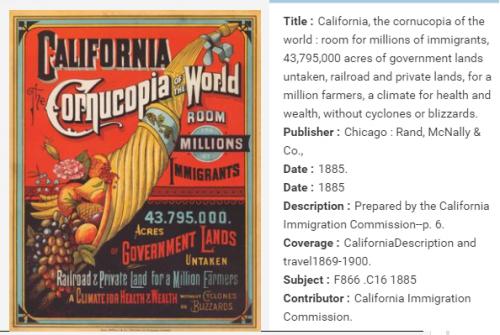 62
62  62
62 
Answer:
There is gradual shift of point of view in the story “An OccurrenceStep-by-step explanation:
●''Owl Creek Bridge'' isn't a first-person narration, meaning that it's not told from the perspective of the main character, meaning Farquhar. Instead, the text comes from a third-person narrator, or told by an external force or character.
●In some sense, Bierce presents readers with an unreliable third-person narrator. The narrator knows, the entire time, that Peyton is dreaming, but tricks readers into thinking that Peyton has escaped. By representing the scenes of Peyton's dream as reality, the narrator toys with the reader's emotions.
●In “An Occurrence at Owl Creek Bridge” a couple of shifts throughout the story change the entire story's point of view essentially bewildering readers. For instance, in paragraph five, a shift occurs when Peyton Farquhar closes his eyes right before he is to be hung.
●In paragraph 36 of "An Occurrence at Owl Creek Bridge," Bierce shifts from past tense to present tense. Bierce writes that "now he sees another scene . . . he stands at the gate of his own home." The effect here is that the reader believes Farquhar has truly escaped and made it home.
Answer:
In lines 578-579, Mrs. Keeney tells her husband why she wanted to sail with him: "I wanted to seeStep-by-step explanation:
make necessary changes as required to make the points better
Lange’s work was significantly influenced by her experiences.
 1
1 Answer:
The phrase "we'll head north again, in other words, to the land of sensible people" shows that the entire venture, planned by the Professor and the Captain was not wise. It has a critical tone.Step-by-step explanation:
The phrase above was uttered by the Canadian in the book, "Twenty Thousand Leagues Under the Seas Revised" By Jules Verne. He meant that the venture which they had undertaken was fruitless and unwise.
He criticized the journey because at that time the Nautilus was stuck in the ice and could no longer move forward.
Answer:
Please, see below:Step-by-step explanation:
Based on the context of the presented proposal, we can give such a definition:
Reverence is a feeling of deep respect or awe, in this case for nature. Reverence can be a feeling of awe, and it can also describe how you feel about something, especially.
Answer:
Answer is in an imageStep-by-step explanation:


Answer:
Aslan orders the creatures around him to prepare a feast for the children. Then he leads Peter aside and shows him Cair Paravel, a castle on a peninsula where the children will live and reign. Aslan tells Peter that he will "be the High King over all the rest." As they are talking, Peter and Aslan hear Susan's horn, which Father Christmas gave her. She is supposed to blow the horn when she is in danger, as it will bring help. The other animals begin to run to help her, but Aslan stops them and waves Peter on.Step-by-step explanation:
read the pasaage and make changes and extract valid points

It will provide an instant answer!
